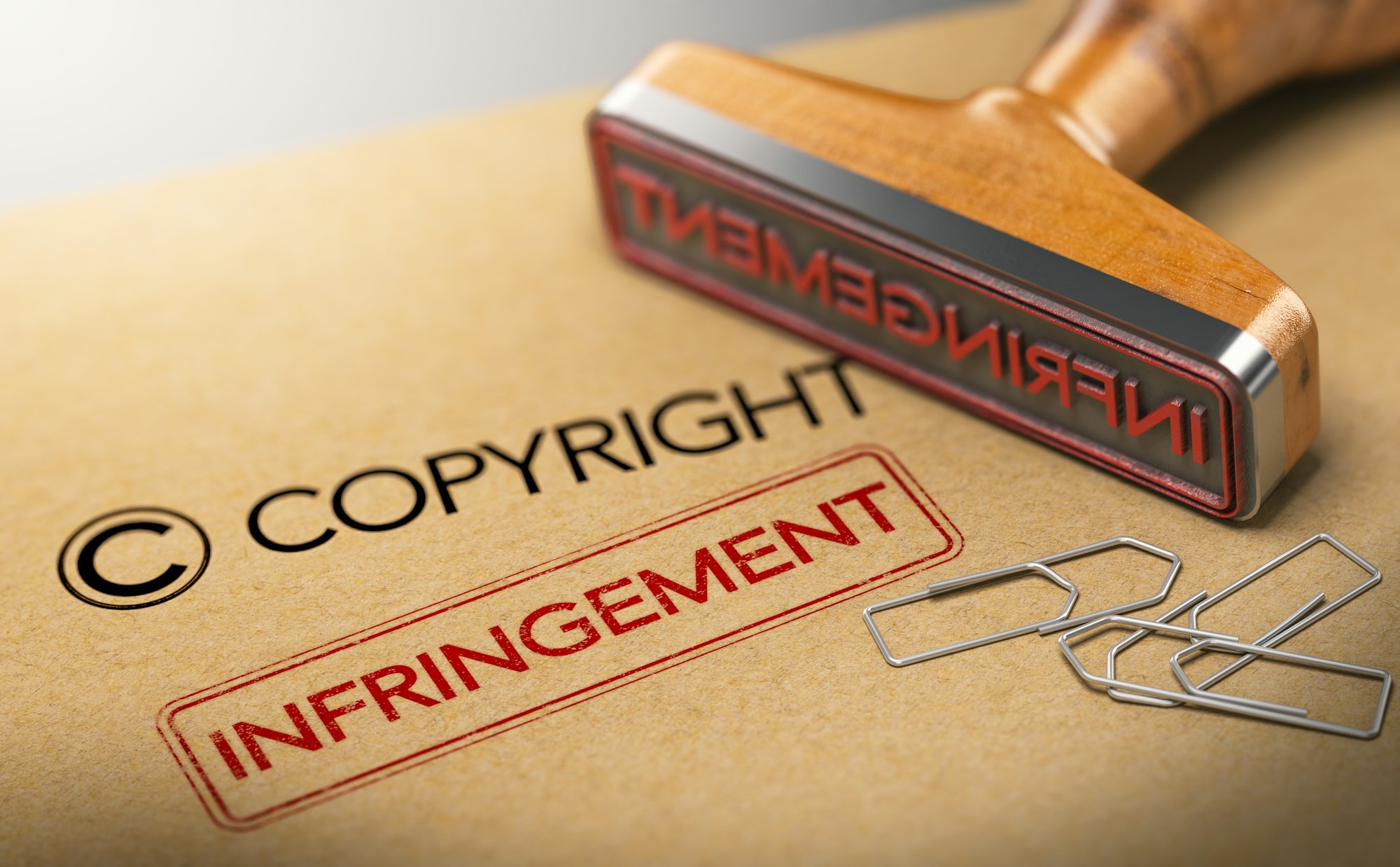What’s the Deal?
So, The New York Times is suing OpenAI (the brainiacs behind ChatGPT) and Microsoft (huge tech giant) because they’re mad about how their news content is being used. They think OpenAI’s AI is copying their stuff without permission, which is a big no-no in the copyright world.

Microsoft Claps Back
Microsoft isn’t just sitting there; they’re fighting back. They’re saying that technology always changes and copyright laws need to keep up. They believe AI is the next big thing and shouldn’t be stopped by old rules.
The Heart of the Matter
AI vs. Copyright Laws
This lawsuit is making everyone question if our current copyright laws are old news when it comes to AI. Like, if an AI makes something new by learning from stuff that’s already out there, is it stealing or just being super creative?
Where OpenAI Stands
OpenAI is trying to explain that building AI is tricky and sometimes it remembers stuff by accident, which isn’t the same as purposely stealing. They’re in a tough spot trying to prove that what their AI does is different from just copying.
What This Means for the Future
The Big Picture for Tech
This lawsuit is a big deal and could change a lot of things for people who make content, the tech industry, and anyone who uses the internet. Depending on how it ends, it could change how AI is used and developed.
The Fine Line Between New and Protected
The big question is how we can let AI do its thing without stepping on the toes of people who create original content. As AI gets smarter, we need to figure out a way to let it grow without hurting the rights of the people who make the stuff it learns from.
So, there’s this huge legal battle between The New York Times and Microsoft about AI and copyright. It’s all about whether AI learning from existing content is cool or if it’s stepping over the line. Everyone’s watching to see how this will play out because it could change a lot of rules about AI and creativity.

Frequently Asked Questions (FAQs)
- What’s the lawsuit between The New York Times and Microsoft about?
- The New York Times is suing Microsoft and OpenAI because they believe OpenAI’s AI, which Microsoft invests in, is using their news content without permission. They think this counts as copyright infringement, which is illegal.
- Why does Microsoft think the lawsuit is baseless?
- Microsoft argues that as technology evolves, copyright laws need to adapt. They see AI as a new frontier in tech that should be explored and not hindered by outdated laws. Essentially, they believe innovation should not be stifled by existing copyright rules.
- What is the main issue with AI and copyright law?
- The core issue is whether AI-generated content that learns from existing copyrighted materials is considered a new, original creation or if it infringes on the copyrights of the original materials. It’s about finding out if the law sees AI as an artist or a thief.
- How does OpenAI defend its AI’s actions?
- OpenAI distinguishes between the AI’s accidental memory of information and deliberate copyright infringement. They argue that the AI’s process of learning and creating new content based on existing information doesn’t equate to knowingly copying copyrighted material.
- What could be the impact of this lawsuit on the future of AI and technology?
- The outcome of this lawsuit could set a precedent for how AI technologies are developed and used in relation to copyrighted content. It could influence future laws and regulations around AI, potentially affecting how tech companies innovate and how content creators protect their work.
Sources The Financial Times


